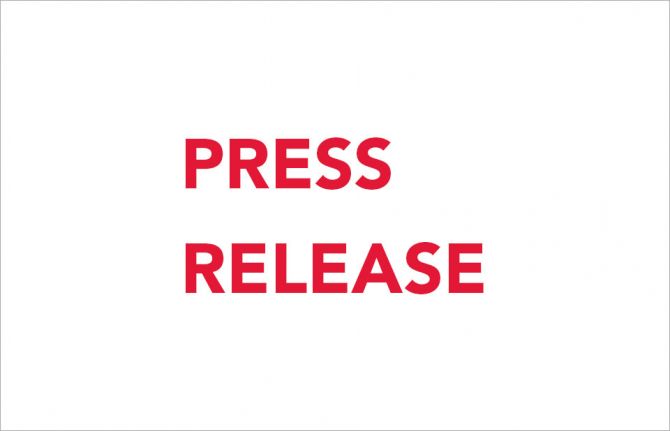

Press Release
UNAIDS reacts to WHO Member States reaching Pandemic Agreement consensus
16 April 2025 16 April 2025Delegates at the World Health Organization (WHO) Intergovernmental Negotiating Body (INB) have today reached a consensus on the Pandemic Agreement. Negotiations began in 2021, with an aim of building a framework for pandemic preparedness, prevention, and response that learned from the COVID-19 and AIDS pandemics.
The Joint United Nations Programme on HIV/AIDS (UNAIDS) and other stakeholder played an important role in supporting the process by advocating for an agreement that centres equity and human rights.
In response to the news of the consensus Winnie Byanyima, Executive Director of UNAIDS, stated:
“During COVID-19, we at UNAIDS watched in horror as the world failed to learn the lessons of AIDS, a pandemic we have been fighting for decades. The consensus reached today is a critical first step towards ensuring the world never makes the same mistakes again – and proof that, in a time of instability, global cooperation can deliver for humanity.
This is an agreement with human rights at its heart, prioritising community engagement and whole-of-society and whole-of-government approaches to pandemic preparedness, prevention and response. But, while the agreement supports equitable access to lifesaving vaccines, tests, and medicines, it falls short of what developing countries called for, particularly regarding obligations to transfer technology.
The Pandemic Agreement is not a panacea. If adopted by the World Health Assembly, a fairer response to future health crises will depend on member states taking concrete steps to implement the agreement. Governments will need clear implementation frameworks, including timelines for ensuring that all can benefit from affordable access to scientific innovation.
But if this text is adopted and implemented, if it is honoured in spirit as well as in letter, it can lay the foundations for a more effective and equitable response to future health crises – and ensure that the next time a pandemic threat emerges, it will be met by a global health system that is fairer, safer, and more resilient.”
